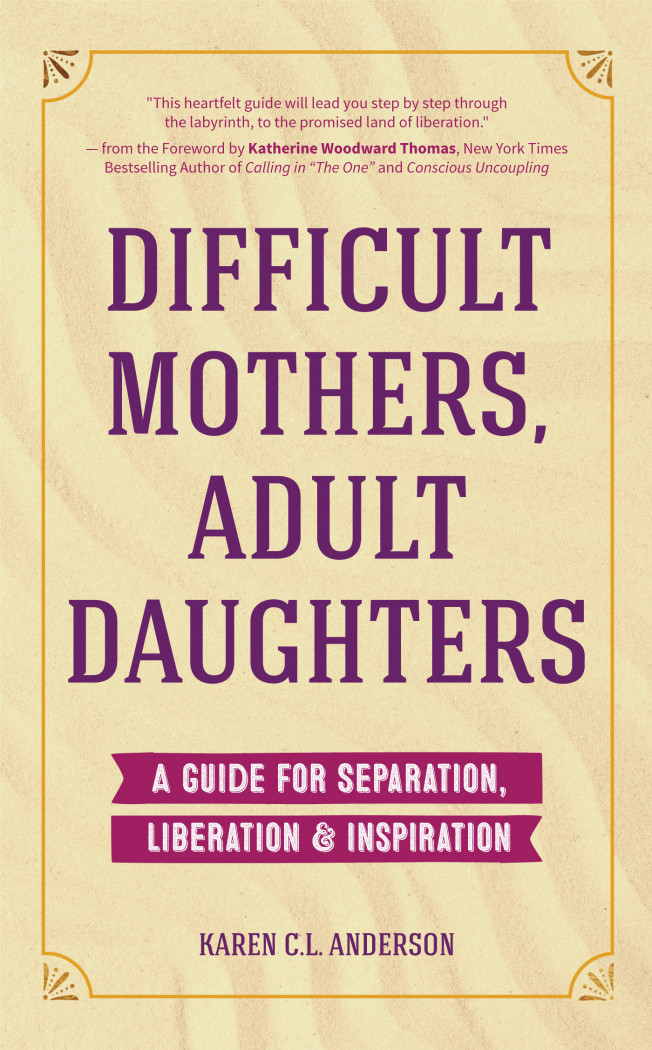By Sarah Stasik, Caring.com Health Writer | Last updated: May 03, 2018
More than 65 million adults across the U.S. are caring for a loved one or friend at least 20 hours per week, according to the National Alliance for Caregiving. That includes those who care for elderly loved ones or someone who may be chronically ill or disabled. Many of those caregivers are providing care for their own mothers.
When you're thrust into a caregiver role, often with little preparation, your traditional child-parent relationship can suffer. Other factors, such as changes in cognitive functioning or physical wellness for your mom or a transition into an assisted living community, can strain your relationship with your aging mom. Here are seven tips from the experts on improving or maintaining that relationship despite changes that aging might bring.
1. Realize that your relationship must evolve
Rhonda Caudell, RN, founded Endless Legacy and Dementia Distress Relief. She also previously worked to care for three aging parents, and she says it took trial and error, divine intervention and persistence before she realized a shift in the parent/child relationship had to occur for the right "communication, collaboration and compliance to happen."
Caudell says that caring for a parent "requires establishing a new foundation to build a different relationship that looks more like partners. It requires a different way of communicating based on the future, not the past."
It's not about taking complete charge and becoming "the boss," though. Love, respect and even forgiveness are typically part of the picture.
2. Consider whether the caretaker role is right for you
Karen C.L. Anderson, author of Difficult Mothers, Adult Daughters: A Guide For Separation, Liberation & Inspiration, reminds adult children that a caretaker role doesn't always have to be mandatory.
"Do not take on the role of caregiver without careful consideration," Anderson says. "Being a resentful caregiver isn't good for you or your mother."
Anderson points out that choosing not to become a caregiver because better options exist for everyone involved doesn't make you a bad son or daughter; it just shows you're emotionally mature and know what you — and your relationship with your mom — can actually handle.
3. Share your workload whenever possible
Whether you're caring for an aging mother or just assisting her whenever necessary, too much stress can be detrimental to your relationship. Anderson says even caregivers who decide to take on that role may want to leverage others, such as siblings and friends, to provide assistance. Remember that you don't have to do everything yourself.
4. Bring in a mediator
Trish McCann, Signature Programming Director at Tuscan Gardens senior living community in Venetia Bay, FL, agrees that sharing the workload can improve your relationship with your mom. Since caregivers can experience emotions and stress that can strain relationships with their loved ones — and so can someone dealing with the aging process or a chronic illness — McCann says you might want to reach outside your family support network for help.
"Bring in a mediator," suggests McCann, "to help reconcile any old issues that might be putting a strain on relationship." Potential mediators might include:
- Counselors or therapists
- Faith leaders
- A friend you both trust who isn't emotionally close to the issue
5. Schedule appropriate bonding activities
The pros at the Alzheimer's Disease Caregiver Support Initiative offer support for adults who are caring for parents or other relatives with Alzheimer's and dementia. They note that improving a relationship with a mom who no longer remembers you all the time or suffers other cognitive impairment can be difficult. Bonding activities, which allow adult children — whether they are caregivers or not — to simply spend time with their moms can help ease tensions and help both individuals recall good memories.
Some suggestions from the Initiative include:
- Working together to make a favorite recipe
- Creating or looking at scrapbooks or photo albums together
- Planting or maintaining a garden together
- Participating in appropriate arts and crafts projects
6. Protect your mom's dignity
Remember — whether you're acting as a caregiver for your mom or not — you're not the only one dealing with stress or worry. Your mom may be dealing with physical and mental changes and missing lifestyles or people from previous years.
While the aging process does mean individuals may need to rely more on others, it doesn't mean older mothers are incapable of being moms and wanting to care for their adult children. Mark-Christopher Corpuz, CSCS and owner of Reneu Health, says it's important to continue making your mom feel important.
"Make sure she still has her dignity, and do anything to improve that," says Corpuz. He notes that it's important to do the following:
- Listen actively to what your mom's desires and concerns are
- Support individual living or activity when possible
- Involve your mom appropriately in the daily life of the family whenever possible (especially if she lives with you)
- Remember that in many cases, your mom did many things for everyone on a regular basis; she may not be ready to give up that role 100 percent
7. Understand why your relationship is really suffering
Your relationship with your aging mom might be made more difficult by a caregiving role or the natural changes that come with aging. But a strained relationship can also be a symptom of something else, including an undiagnosed chronic illness or even a substance abuse disorder.
If your mom is dealing with chronic pain or other physical symptoms or abusing drugs or alcohol, she could be acting in a way that's detrimental to your relationship with her. According to John Dyben, the Chief Clinical Officer of Origins Behavioral Healthcare, a third of all older adults suffering from substance abuse disorders have late-onset addiction, and women may be more at risk than men for these issues simply because of the drugs they are prescribed.
"Families need to pay attention to symptoms of older adults," says Dyben. "These include sleeping too much or too litter, nutritional problems and weight loss, bruises and falling, a haggard appearance, forgetfulness . . . untidiness and more." Dyben notes that seeking treatment for certain underlying issues, including substance abuse, can help improve both your mom's overall health and your relationship with her.
Improving your relationship with your aging mom could mean confronting long-term issues or simply understanding that neither you nor your mom can do everything alone. By following these tips from the pros, you can enjoy your relationship even as you move into new roles in each other's lives.


